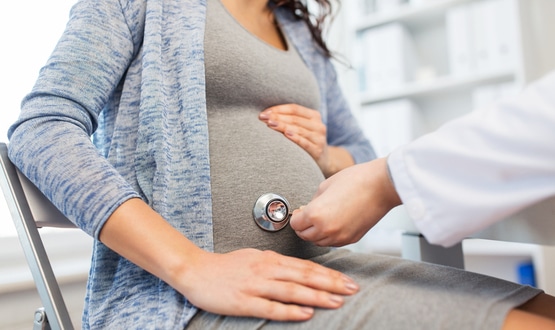New data standard published for digital maternity records
- 24 September 2018

A new data standard has been published to support the introduction of comprehensive digital maternity records.
The standard, developed by NHS Digital and the Professional Record Standards Body (PRSB), is designed to ensure health information is consistent and can be shared more easily.
Once implemented, the new standard will improve information exchange between IT systems and services, ensuring all clinicians have access to the same data on newborns and their mothers.
Building on the Healthy Child Record standard published by PRSB in October 2017, this will create a “seamless pathway for maternal and newborn care,” NHS Digital said.
NHS England has been pushing this agenda through its Empower the Person programme, which aims to have launched digital red book services in beta form by the end of 2018.
Professor Jacqueline Dunkley-Bent, head of maternity, children and young people at NHS England, said: “Electronic red books give mums more convenient access to vital information about their baby and help NHS and healthcare workers to provide effective care.
“Developing national standards is a critical step forward to the wider introduction of these digital maternity records.”
Nic Fox, director of primary and social care technology at NHS Digital, called the introduction of the standards “a great example of collaboration between organisations” that would “lay the foundation for interoperable exchange of information throughout the care pathway of the woman, regardless of location and systems in use”.
The standard has been developed with support from the Royal College of Physicians’ Health Informatics Unit.
Dr Karen Selby, PRSB’s representative from the Royal College of Obstetricians and Gynaecologists and clinical lead on the project, said: “Creating standards for digital exchange of health information is a significant step forward in supporting the work of the Maternity Transformation Programme.”
The new standard is also expected to support better continuity of care. Mandy Forrester, head of quality and standards at the Royal College of Midwives, said: “This will help to make care safer as clinicians will have access to key information about the woman, such as existing medical problems.
“It should also avoid the need for women to repeat information to different clinicians during their pregnancy journey. This is a positive step and one that we welcome.”





1 Comments
Wrong type of stethescope
Comments are closed.